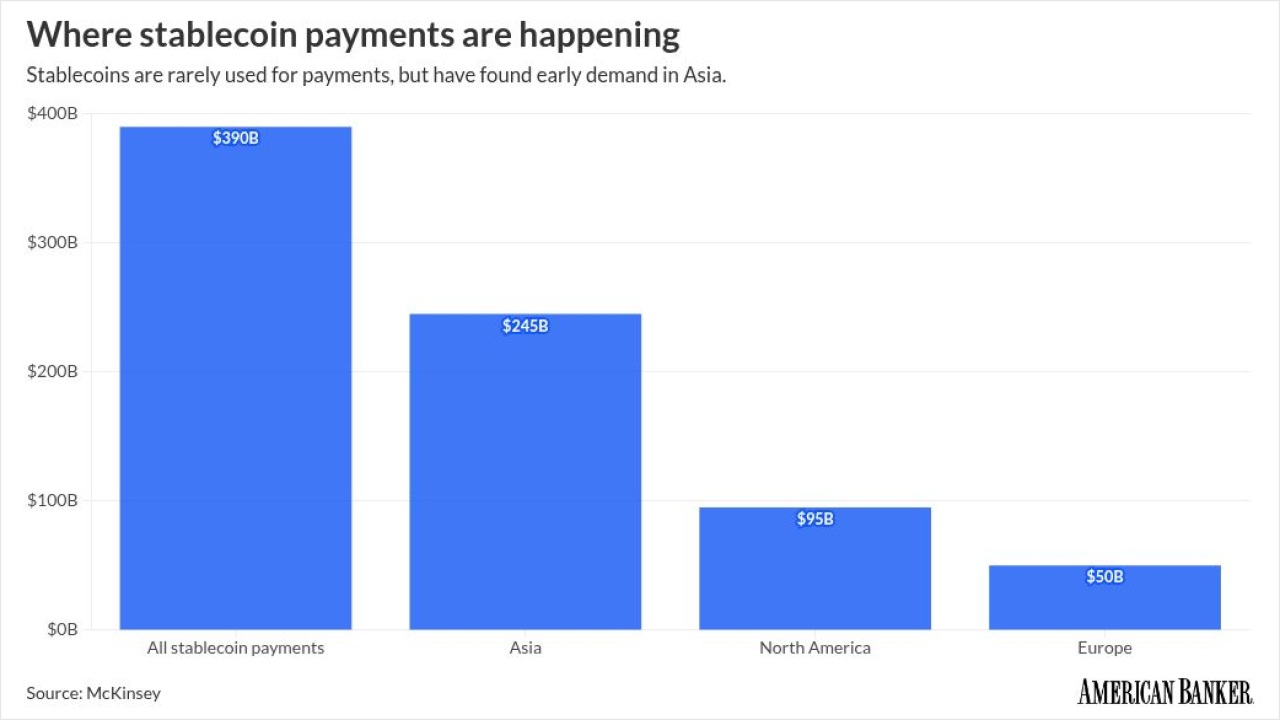-
Freddie says its new "low-activity" fee will offset the cost of monitoring the loans it buys, but avoiding it could be a challenge for lenders in rural markets.
May 31
Freddie Mac plans to eliminate a $7,500 annual low-activity fee that has met with a backlash among rural banks that sell a small number of loans each year to the government-sponsored enterprise.
Freddie is expected to eliminate the fee altogether for most banks, according to two people familiar with the situation. Freddie intends to loosen its requirements so that it will only assess the fee on institutions that have not sold it a single loan in the past 36 months and do not currently service any of its loans.
When Freddie
Freddie made the change in response to concerns among community bankers, particularly in rural areas where demand for loans is far lower than in more densely populated markets.
Some bankers had complained that they would be unable to meet one of the minimum thresholds set out in May and avoid paying the fee. Those thresholds would require banks to sell Freddie at least $5 million worth of loans or service at least $25 million in loans for the GSE during the preceding year.
When informed of the pending change, Rich McGinnis, the president and chief executive at the $54 million-asset Home Federal Savings & Loan of Nebraska, said Freddie Mac officials "did a mid-course correction after listening to their customers, which shows a lot of good common business sense on their part." Home Federal Savings & Loan of Nebraska has been selling loans to Freddie Mac for nearly 25 years.
The low-activity fee just "wasn't a good idea" to begin with, said Ron Haynie, senior vice president of mortgage finance policy at the Independent Community Bankers of America, who had lobbied to eliminate the fee. "We're encouraged and pleased that they addressed it."
Under the new guidelines, virtually all small banks are expected to be able to avoid paying Freddie's inactivity.
"Somebody in that boat would be truly inactive," Haynie said of those who might still face a Freddie Mac levy.





